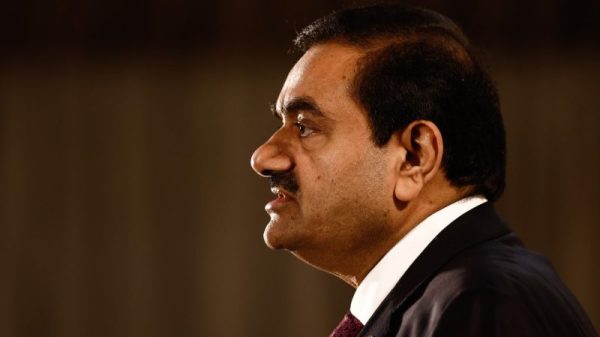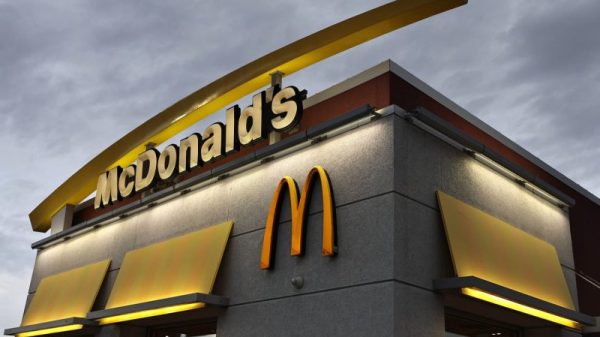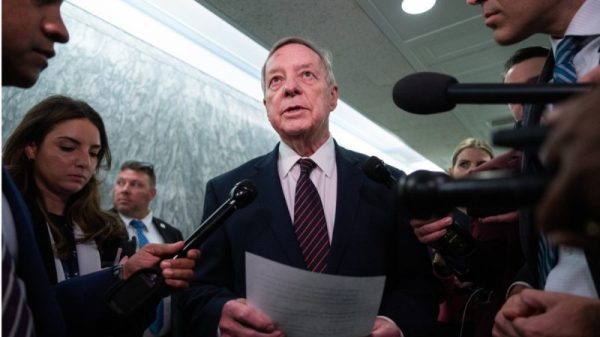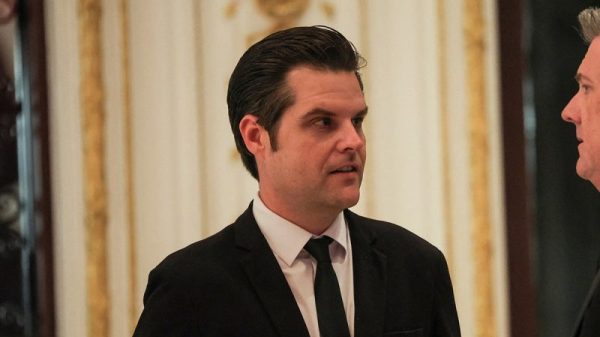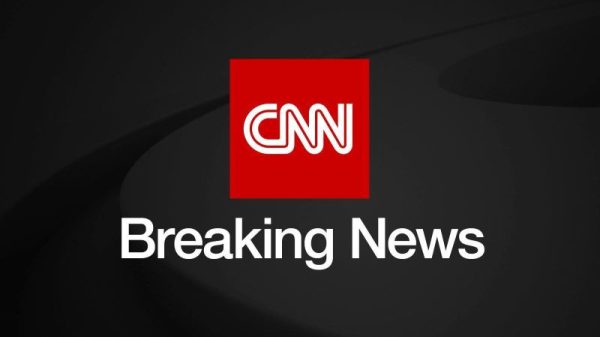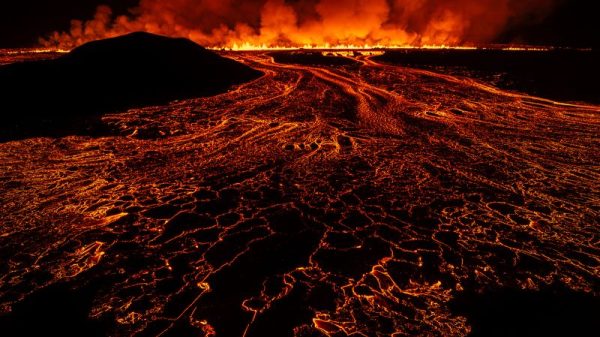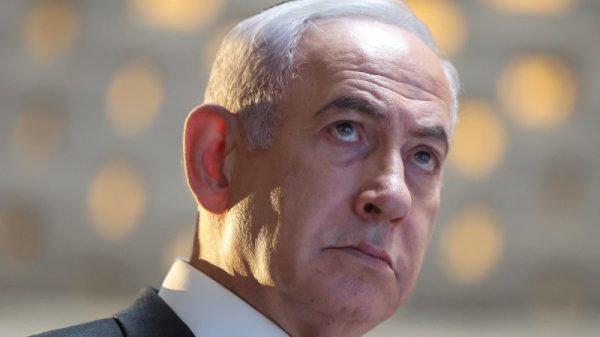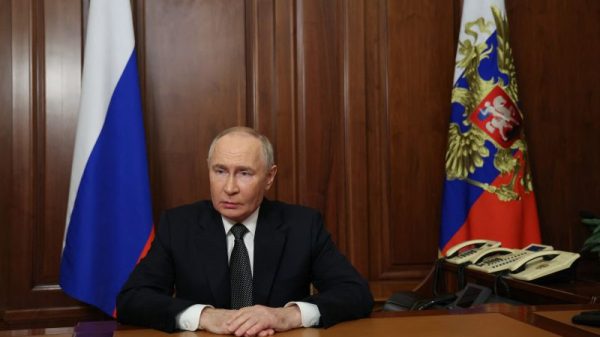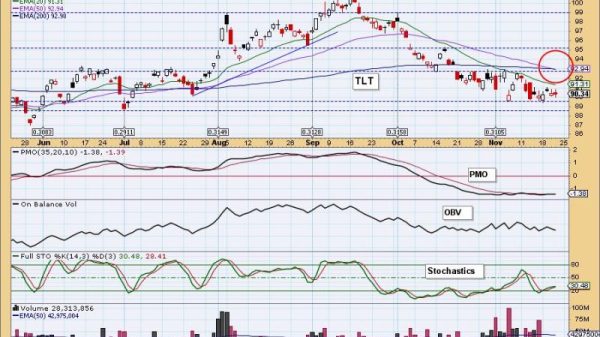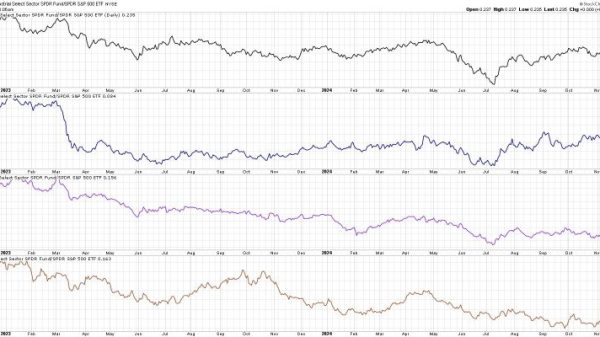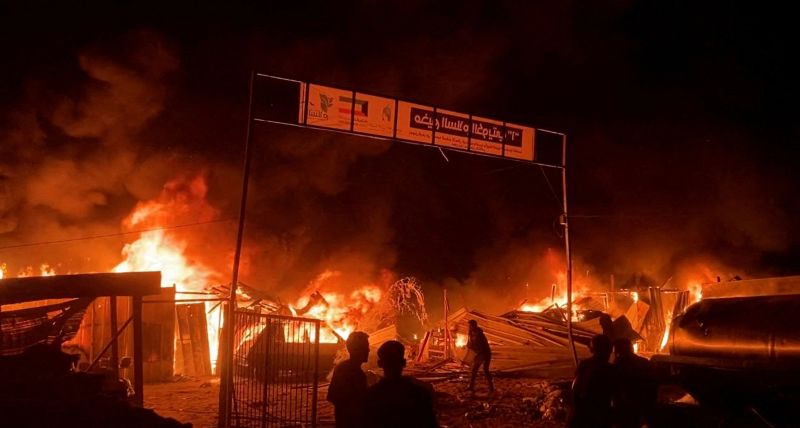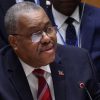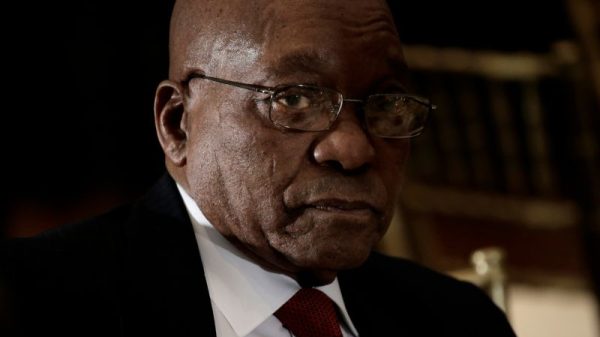At least 45 people were killed and more than 200 others injured after a fire broke out following the Israeli military’s strike on the outskirts of Gaza’s southernmost city, most of them women and children, according to the Gaza Health Ministry and Palestinian medics.
Israel’s escalating assault in Rafah – where some 1.3 million Palestinians were taking shelter before Israel began its operation there – has drawn swift international condemnation, with United Nations agencies, aid groups and multiple governments calling on Israel to immediately halt its offensive.
Israeli tanks were seen advancing further into Rafah on Tuesday for the first time in Israel’s seven-month war against Hamas, signaling a new phase Israel pressing on with its controversial and destructive offensive.
“The warhead portion [of the munition] is distinct, and the guidance and wing section is extremely unique compared to other munitions. Guidance and wing sections of munitions are often the remnants left over even after a munition detonates. I saw the tail actuation section and instantly knew it was one of the SDB/GBU-39 variants.”
Ball also concluded that while there is a variant of the GBU-39 known as the Focused Lethality Munition (FLM) which has a larger explosive payload but is designed to cause even less collateral damage, this was not the variant used in this case.
Serial numbers on the remnants of the munitions also matched those for a manufacturer of GBU-39 parts based in California – pointing to more evidence the bombs were made in the US.
Asked for comment on the munitions used in the Rafah strike at Tuesday’s briefing, Pentagon deputy press secretary Sabrina Singh told reporters: “I do not know what type of munition was used in that airstrike. I’d have to refer you to the Israelis to speak to that.”
Main weapons supplier
The US has long been the biggest supplier of arms to Israel, according to data from the Stockholm International Peace Research Institute (SIPRI), and that support has continued despite the growing political pressure on the Biden administration over the Gaza offensive.
Last month, Biden signed a foreign aid bill that included $26 billion for the Israel-Hamas conflict — including $15 billion in Israeli military aid, $9 billion in humanitarian aid for Gaza and $2.4 billion for regional US military operations.
Hagari told reporters the strike – which he said targeted senior Hamas commanders – used two munitions with small warheads containing 17 kilos of explosives, adding these bombs were “the smallest munitions that our jets could use.” The traditional GBU-39 warhead has an explosive payload of 17 kilos.
Hagari said the deadly fire which occurred following the strike was not caused solely by weapons used by the Israeli military.
“Our munitions alone could not have ignited a fire of this size,” Hagari said, adding the IDF was investigating “what may have caused such a large fire to ignite.”
He added that Israel is looking into whether the strike was “unintentionally set off possible stored weapons in a nearby compound.”
Israel’s Prime Minister Benjamin Netanyahu said the deadly airstrike in Rafah was a “tragic error,” but said Israel has vowed to press on with its operation despite international outrage and a US warning not to proceed.

